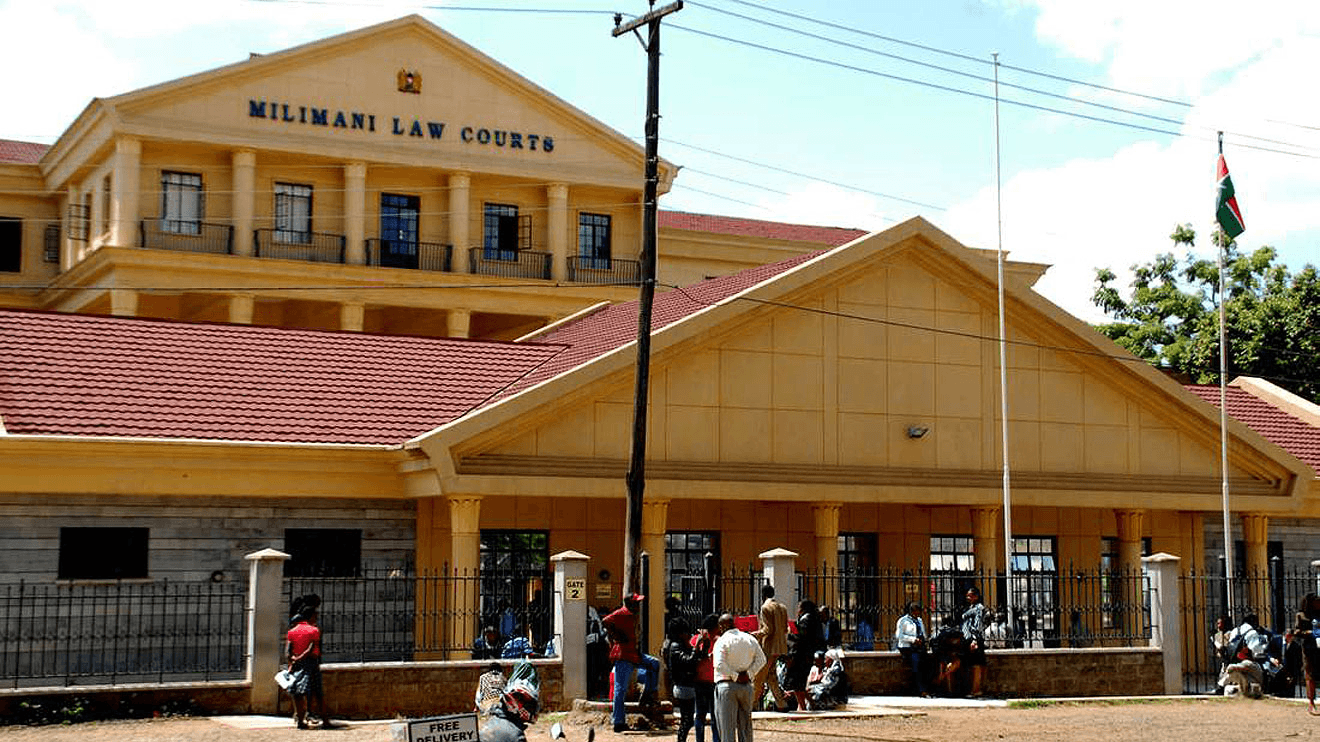
Articles

THE SMALL CLAIMS COURT EXPLAINED: EVERYTHING YOU NEED TO KNOW
- ←Back to Articles
Other Articles :
Last Edited : 5 Feb 2025
The small claims court in Kenya was established under the Small Claims Act, 2016 as a subordinate court. It was created to provide an accessible, affordable, and expeditious avenue for resolving civil disputes where the value of the claim does not exceed Kshs 1 million, while also reducing the backlog of cases within the judiciary.
The court is presided over by an adjudicator. The Judicial Service Commission is responsible for appointing adjudicators, registrars, and other court officers to oversee operations within the Small Claims Court.
Jurisdiction of the Small Claims Court
The court has jurisdiction to handle civil claims relating to:
- Contracts for the sale and supply of goods or services.
- Contracts concerning money held and received.
- Tort liability for property damage or recovery of movable property.
- Compensation for personal injuries.
- Set-off and counterclaims under any contract.
However, the court does not have jurisdiction over cases founded upon defamation, libel, slander, malicious prosecution, land disputes, or employment and labour relations.
Who Can File a Claim?
A person has the right to lodge a claim before the Small Claims Court if:
- They reside or conduct business within the court’s jurisdiction.
- The subject matter of the claim is situated within the local limits of the jurisdiction of the court.
- The contract in question was made or intended to be performed within the court’s jurisdiction.
- The cause of action arose within the court’s jurisdiction.
- The defendant resides within the court’s jurisdiction.
Court Process and Procedures
The court is required to adopt measures that ensure timely disposal of cases, equality, fairness and simplicity of procedure. As such, the court is required to hear and determine cases within sixty (60) days.
The court has flexibility in its procedures to adopt alternative dispute resolution mechanisms, summon witnesses, make inquiries, allow electronic filing, and facilitate the use of various languages. In addition, the court is not wholly bound by the rules of evidence. It may admit oral or written testimony, records, or other materials that it considers credible and trustworthy, even if such evidence would not be admissible in other courts under the law of evidence.
A claim is initiated by filing a statement of claim in the prescribed format, signed by the claimant or an authorized representative. The defendant must then respond to the claim in the prescribed form within 15 days of receiving it.
The court can issue various orders, including payment of money, restitution of movable property, and recovery of sums related to a contract.
Conclusion
The establishment of the Small Claims Court represents a significant step toward ensuring justice is accessible, efficient, and cost-effective for Kenyans. However, navigating legal procedures can still be challenging, and having the right legal support is crucial to securing a fair outcome.
At BIK Advocates, we are committed to guiding individuals and businesses through the Small Claims Court process with expert legal advice and representation. Whether you need assistance filing a claim, understanding your rights, or responding to a case, our team is here to help.
Should you have any questions regarding this article, please do not hesitate to contact us through info@bikadvocates.com
Disclaimer
This article is for informational purposes only and should not be construed as legal advice.